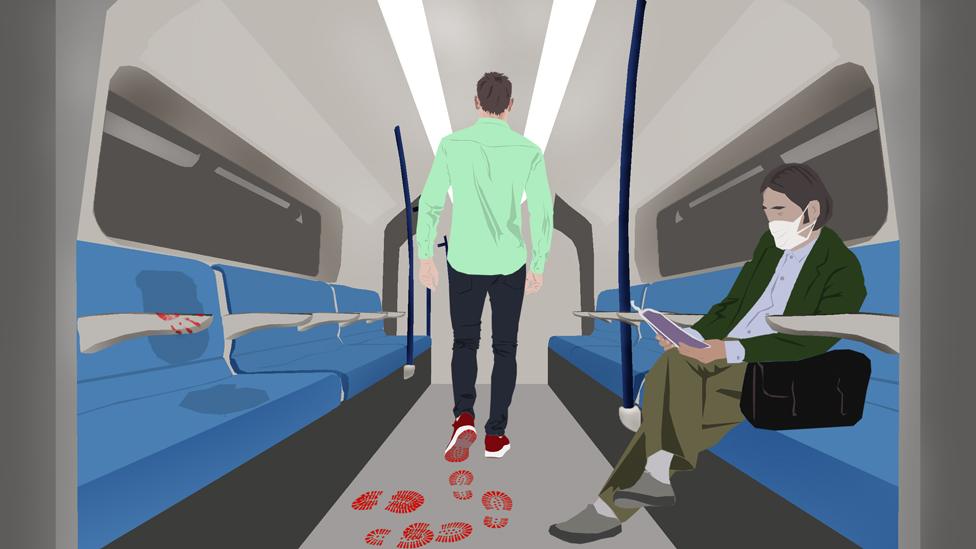Coronavirus: US-China virus row flares with senator's comments
- Published
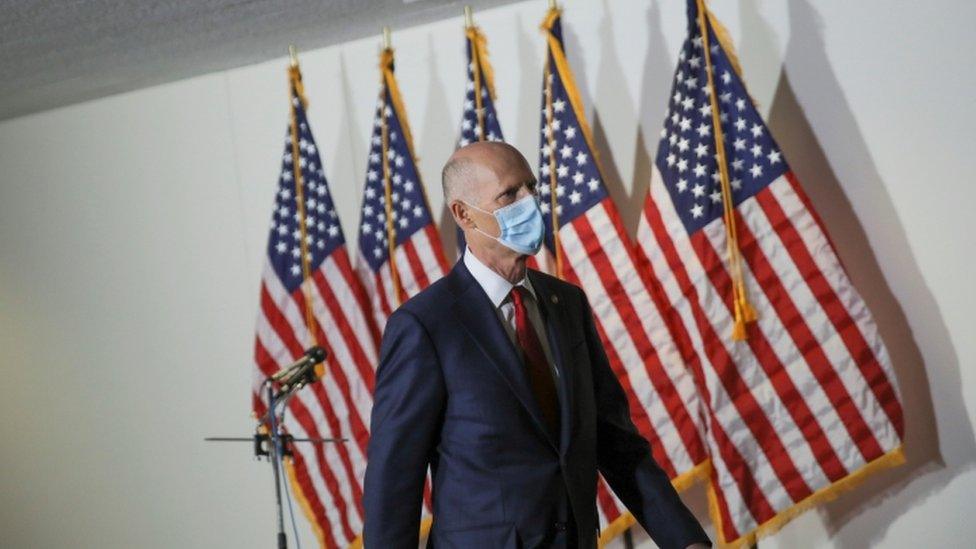
Rick Scott said China had "decided it wanted to dominate the rest of the world"
The row between the US and China over the coronavirus outbreak has flared again with a US senator accusing Beijing of trying to block the development of a vaccine in the West.
Rick Scott said evidence had come via "our intelligence community" but provided no details to back it up.
China meanwhile issued a document defending its virus actions, saying it briefed the US as early as 4 January.
Deaths caused by the virus passed 400,000 worldwide on Sunday.
The figure is provided in a count by Johns Hopkins University, external, which also shows confirmed global infections close to the 7 million mark.
What did Rick Scott say?
The Republican senator for Florida, who serves on the armed services and homeland security committees among others, was speaking on the BBC's Andrew Marr Show.
He said: "We have got to get this vaccine done. Unfortunately we have evidence that communist China is trying to sabotage us or slow it down."
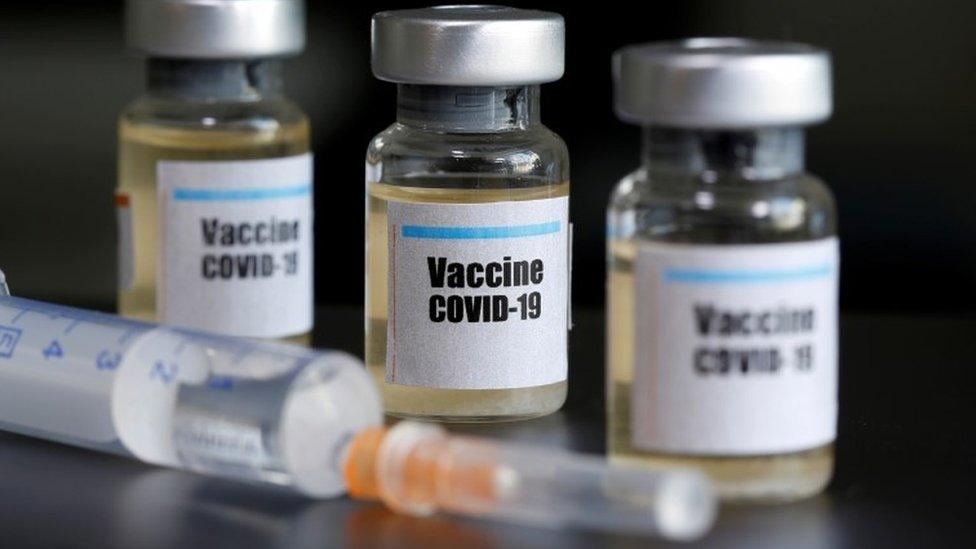
Some experts believe there could be a vaccine by mid-2021 but there are no guarantees
Mr Scott was pressed on the issue twice. He said: "China does not want us, and England and Europe to do it first. They've decided to be an adversary to America and democracies around the world."
Mr Scott, who has been a staunch supporter of President Donald Trump, was questioned again, saying the "evidence" had come through the intelligence community and armed services, adding: "There are things I can't discuss... I get provided information."
He said if "England or the US does it first, we're going to share. Communist China, they are not going to share."
What is the background to this?
The Trump administration has consistently attacked China over its handling of the coronavirus outbreak.
Mr Trump has referred to coronavirus regularly as the "China virus". He also said he has proof Covid-19 originated in a Chinese laboratory in Wuhan. Secretary of State Mike Pompeo said there was "enormous evidence" to back the theory, which Beijing has dismissed.
Donald Trump on the China laboratory theory
The Five Eyes intelligence alliance, which includes the UK and the US, said there was no such evidence, as did the World Health Organization (WHO).
But the WHO is another point of contention for Mr Trump's administration. It has pulled out of the body, accusing it of being China's puppet.
Mr Trump accused Chinese officials of covering up the virus early on and saying they could have stopped the disease from spreading.
This week he threatened to bar passenger flights from China from 16 June, after which Beijing said it would loosen restrictions on international air travel.
Then there is the backdrop of the US-China trade dispute, which saw the imposition of hundreds of billions of dollars worth of tariffs on each another's goods.
What is China's side of the story?
It has not yet responded specifically to Mr Scott's accusations but in a new document it has published on its response to the virus, Beijing says it briefed the United States as early as 4 January, when the disease was still largely unknown.
It lists a telephone briefing given by the head of the Chinese Centre for Disease Control and Prevention to his US counterpart.
China says in the document it has acted in an open, transparent and responsible manner.
Coronavirus changes how doctors deal with death
The WHO has praised China's actions, saying they helped slow the spread of the virus, particularly with the quick and voluntary sharing of the virus's genetic code.
China's foreign ministry has repeatedly accused the Trump administration of trying to distract from its own problems tackling the crisis.
The US has more infections and deaths than any other nation.
One Chinese foreign ministry spokesman also promoted the idea - without evidence - that Covid-19 might have originated in the US.
Where are we with a vaccine?
Dozens of groups around the world are researching vaccines, with some entering clinical trials.
The first human trial data appears positive, showing patients produced antibodies that could neutralise the virus.
However, no-one knows how effective any of these vaccines will be.
A vaccine would normally take years, if not longer, to develop, although given the huge effort some experts believe there could be a vaccine by mid-2021, but again there are no guarantees.

LOOK-UP TOOL: How many cases in your area?
GLOBAL SPREAD: Tracking the pandemic
VACCINE: Stalled programmes 'putting children's lives at risk'

- Published16 March 2022
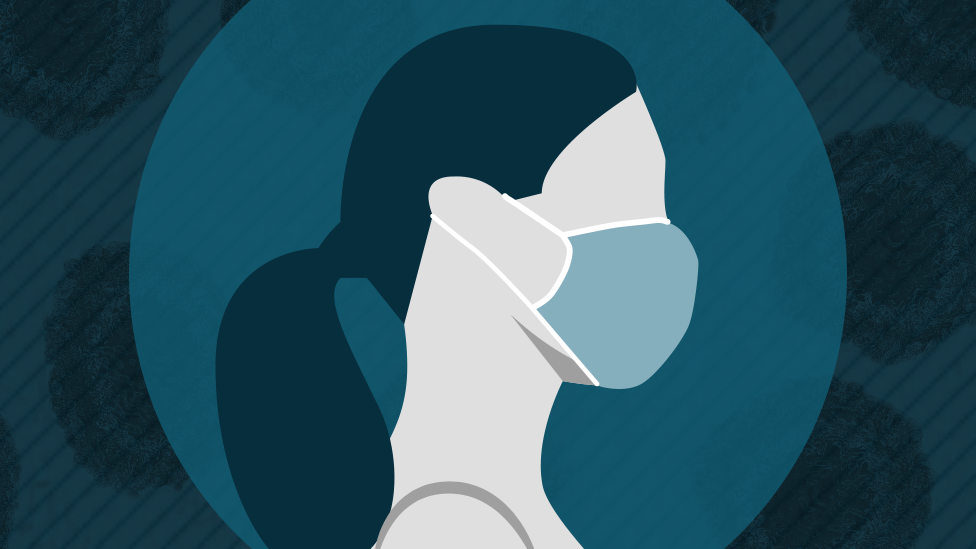
- Published24 May 2021
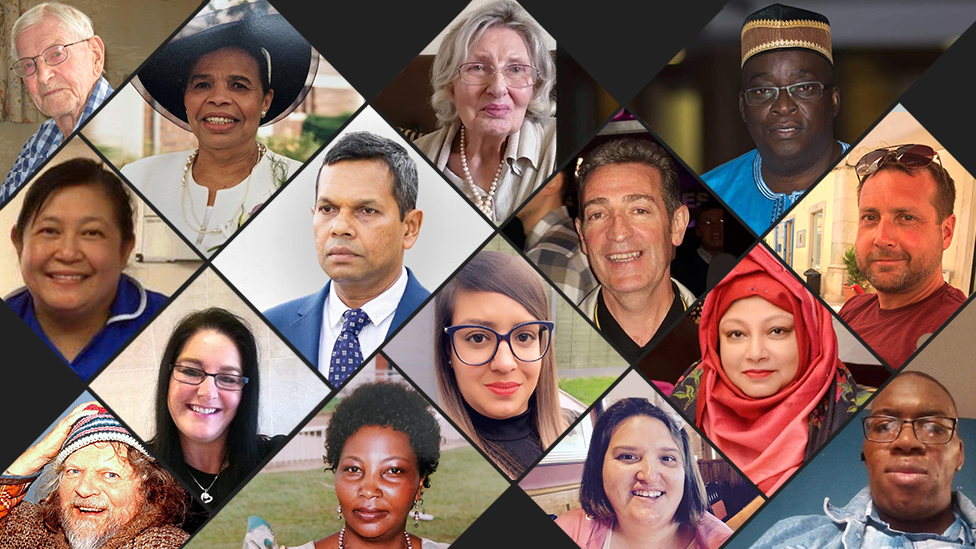
- Published5 July 2022

- Published31 May 2020
